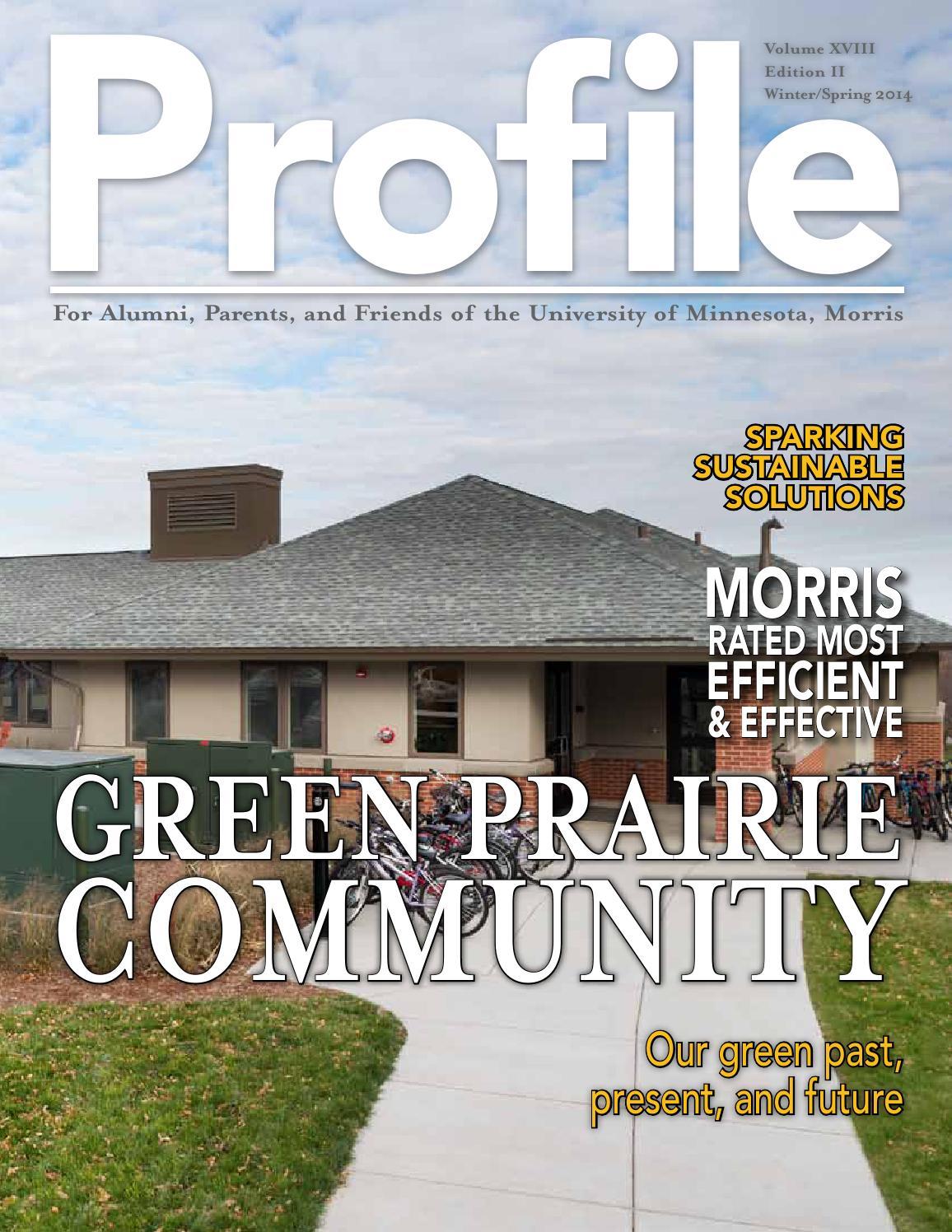For nearly a decade, UMN Morris students at the Dining Hall scraped their plates into large containers conspicuously marked "compost"—but no longer. In partnership with Sodexo, the UMN Morris Facilities Management team installed a tub grinder in the Dining Hall in the fall of 2019.

Now, students don't have to stop at the bins. Staff working behind-the-scenes scrape scraps directly into a grinder, which removes excess water. The chopped material is then sent to a receptacle in the basement and later brought out to the cold-weather windrow compost piles.
Recycling and Compost Coordinator Vance Gullickson describes the work, “So far, the on-campus system has diverted nearly one million pounds of food scraps from the landfill and has turned that organic material into soil to be used on campus. The grinder removes a lot of water from the food scraps, which is a big change in managing the compost system, since previously a good portion of the weight of the material was water. The compost process still requires some amount of moisture to operate properly, so we are always learning and trying new things here at Morris.”
Facilities Director Lisa Harris reflects, “For several years now, people from around the region have traveled to Morris to learn more about the system we have developed. Our system has worked really well for us, and we keep making improvements. We have also worked closely with the Stevens County to think about how our region could work together to create a larger compost program.”
Sydney Bauer, outreach coordinator for the new Stevens County Organics Recycling Program, shares, “When I was a student and Office of Sustainability intern, I focused on campus energy systems. As a graduate, I am working to implement our county-wide organics program. The campus plays an important role in the county because they were an early adopter of organics recycling in Stevens County—and because they have been able to test and showcase important tools that will improve future work. The grinder is a good example of UMN Morris working to improve the efficiency of this process. Removing excess water from food waste is beneficial because waste is processed by ton, and these tools allow for the excess water weight to be removed from the hauling and disposal costs of organic materials. Institutions with large quantities of food waste would benefit from learning about these tools and considering the benefits for their own facilities.”









